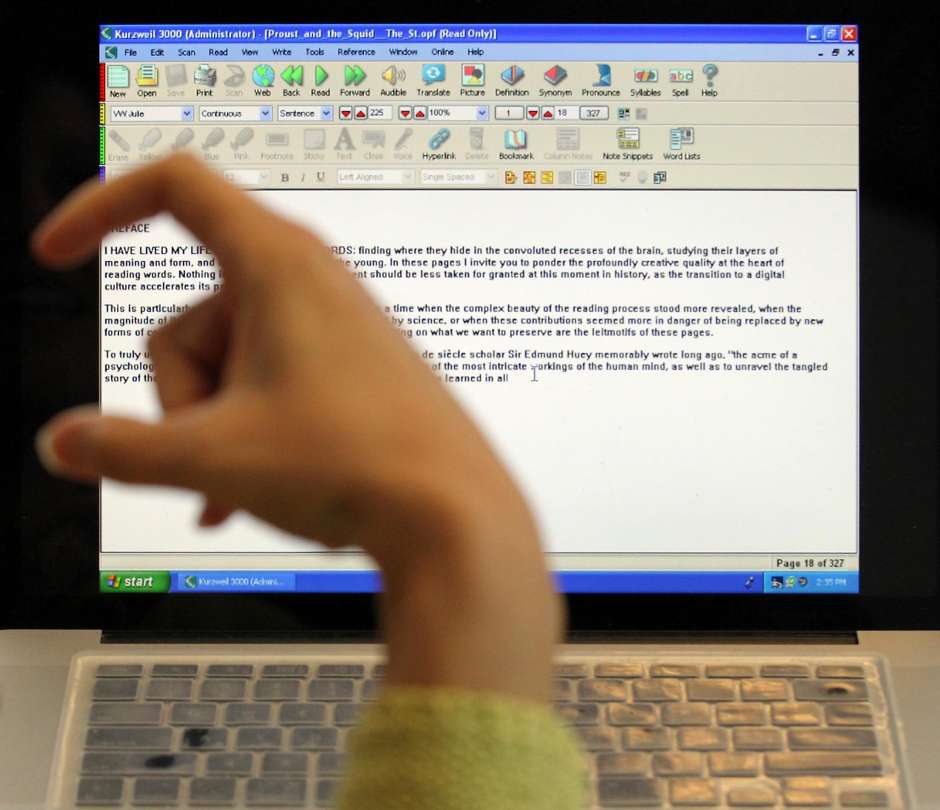Restaurants, hotels and other businesses that serve the public in California must make their websites accessible to the blind, a state appeals court ruled Tuesday.
The 1990 federal law prohibiting discrimination against the disabled in any place of “public accommodation” applies to websites where people can make reservations, said the Second District Court of Appeal in Los Angeles, the first appellate court in California to rule on the issue.
It rejected arguments that the law applied only to actions at the restaurant or place of business and not to a website, a position endorsed by a federal appeals court in Philadelphia in 1998 but rejected by other courts. Tuesday’s ruling also rejected a Los Angeles restaurant owner’s contention that it had complied adequately with the law by providing a phone number and email address on its website.
Even if the blind woman who sued the restaurant had been told about those options, the court said, she was entitled to equal access to the instant-reservation system on the site rather than having to wait until someone was available to answer a phone call or an email.
And although the internet was in its infancy when the Americans with Disabilities Act was passed in 1990, Congress intended the law to “keep pace with changing technology,” Justice Maria Stratton said in the 3-0 ruling.Other establishments covered by the law include hotels, groceries, theaters, stadiums, law and insurance offices, bus and rail terminals, museums and parks.
The woman’s lawyer, Scott Ferrell, said the ruling made it clear that the federal disability law, and the California law that incorporates it, “apply to commercial websites.” The 1998 ruling limiting the law to physical places of business “has joined the ‘separate but equal’ doctrine in the ash bin of legal history,” he said in a statement.
A lawyer for the Whisper Lounge restaurant could not be reached for comment.
The suit was filed by Cheryl Thurston of Fontana (San Bernardino County), president of the Inland Empire Chapter of the National Federation of the Blind of California. Ferrell said Thurston was blinded in a brutal carjacking in 2000.
Thurston uses screen reader software, which detects code embedded on a website and reads it aloud to the user. She said she tried to use the Whisper Lounge website to make a reservation in February 2017, and several times afterward, but her software could not pick up a message from either the restaurant’s online menu or its reservation system.
A Superior Court judge ruled that the restaurant had violated the anti-discrimination law and ordered it to upgrade its website. In upholding that ruling, the appeals court said the “undisputed evidence” showed that Thurston “was treated differently than sighted users of the website.”
“She could not ‘read’ the menu or make reservations instantly and at any time like sighted users could,” Stratton said. “At best, she could only email the restaurant and obtain a reply when the restaurant was open, or call the restaurant during business hours.”

